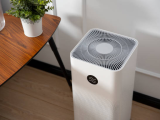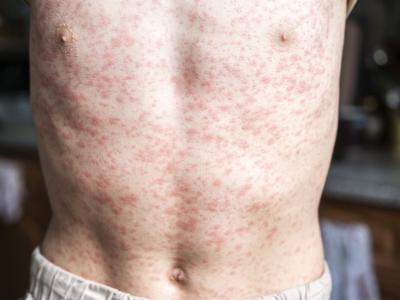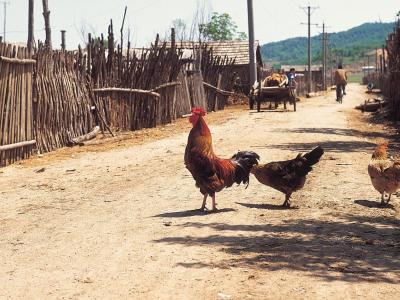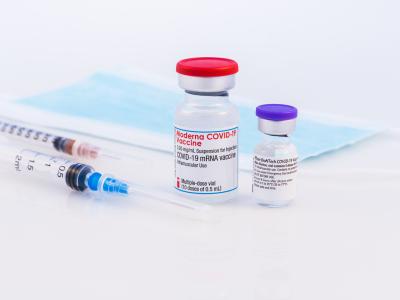May 26, 2011
England releases new flu plan and vaccine purchase proposal
The UK Department of Health (DH) yesterday announced a proposed plan that would centralize doctors' purchases of seasonal flu vaccine. Currently, doctors place their flu vaccine orders directly with manufacturers. Under the proposed plan, the health department would hold the contract with manufacturers and order vaccine based on physician's requirements. The agency said the plan is designed to reduce the burden on doctors and save the National Health Service about $65 million annually. During the past flu season, marked by high numbers of 2009 H1N1 cases, some doctor's offices reported vaccine shortages, according to previous media reports. Comments on the plan are due by Aug 17. In a related development, the health department also released a national flu plan yesterday that focuses on improving seasonal flu vaccine uptake in groups at high risk for flu complications, according to a press release. The goal is to increase
vaccine uptake in at-risk populations from 50% to 75% by working more closely with doctors and pharmacies and by purchasing a reserve of vaccine to use in the event of shortages. The health department also said the centralized vaccine purchase proposal could help it achieve the goal.
May 25 DH vaccine plan press release
May 25 DH flu plan press release
Review: Australia responded well to vaccine-related seizure reports
An independent review of the Australian government's response last year to adverse reactions to seasonal flu vaccination in young children found that drug regulators responded quickly and appropriately, Australia's Department of Health and Aging (DoHA) said in a press release yesterday. The review was conducted by Dr John Horvath, the department's former chief medical officer, at the request of Australia's government. In May 2010 Australian investigators found a higher-than-expected rate of febrile seizures in children younger than 5 after immunization with Fluvax, made by CSL Ltd. While approving of the government's response, Horvath found that the country's system of managing vaccine safety issues is complex, with many organizations and committees playing a role. He recommended a more cohesive plan to respond to health concerns about vaccines, such as improving governance of the safety monitoring system and
establishing a Vaccine Safety Committee to help drug regulators more effectively implement their vaccine safety mission.
May 25 DoHA press release
Study: H1N1 risk differs little in clinical, nonclinical hospital workers
In a study from Australia, researchers found that frontline (clinical) healthcare workers (HCWs) at four hospitals in Melbourne were not significantly more likely to contract 2009 H1N1 influenza during the pandemic than nonclinical workers were. The study, in Emerging Infectious Diseases (EID), included 446 participants and was conducted from Aug 24 to Dec 16, 2009. Forty-six (19.9%) of 231 clinical workers and 33 (15.3%) of 215 nonclinical workers tested positive for H1N1 antibodies by hemagglutination inhibition (odds ratio, 1.37; 95% confidence interval 0.84–2.22). Risk factors for infection included having more children in one's household and working in an intensive care unit, while protective factors included older age, working at "hospital 2," and wearing gloves. The findings suggest that personal protective measures were adequate for preventing infection in the clinical staff members, the authors
conclude.
May 25 EID report




















